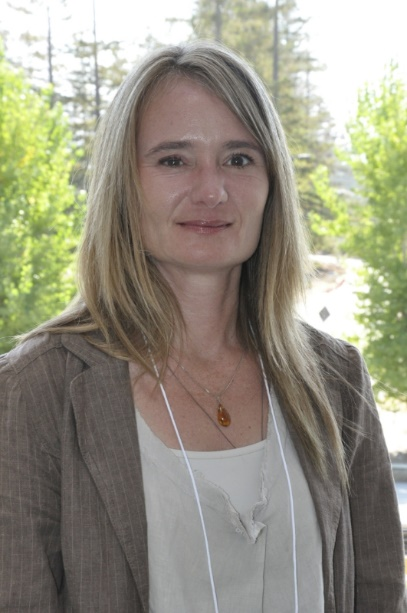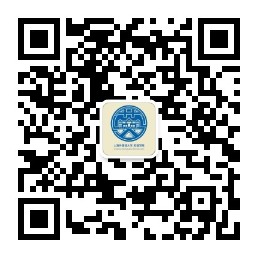【5月31日】
/海外名家系列讲座·第104讲/
L2 writers’ strategic uses of machine translation and what that means for world language instruction
主讲人:Kimberly Vinall
时间:5月31日(周五)10:00 – 11:30
平台:Zoom(仅限本院学生)
讲座简介
It has been argued that one of the impacts of the transition from predigital to digital language learning classrooms is the new opportunities that digital tools, including machine translation (MT) tools, provide for learners to develop and exercise their agency and autonomy (Lotherington & Ronda, 2014; Kern, 2021). However, the existence of these technologies does not automatically equate with increased agency and autonomy, particularly given that learners are also constrained and even shaped by the very tools that they use. At the core of this presentation is the question: what kinds of critical and functional digital literacy skills (Darvin & Hafner, 2022) do learners need to develop to be agentive and autonomous users of MT tools?
To answer this question, this talk draws on a computer tracking study that examined how 74 university-level students of French, Spanish, and Mandarin in the United States used MT and other online resources when completing writing tasks in the L2 using screen recording, stimulated recalls, and post-interviews. Findings highlight how students exercised their agency and autonomy in the selection of MT tools and their uses, specifically in the strategies they used at both the input and output levels, and the ways in which this agency and autonomy were constrained, by the tools themselves as well as by external factors. Implications focus on the possibilities of pedagogical interventions to further support learner agency and autonomy through the development of both functional and critical digital literacies.
主讲人简介

Dr. Kimberly Vinall (PhD, University of California, Berkeley) is the Executive Director of the UC Berkeley Language Center. Her research focuses on exploring how learners engage with cultural / linguistic differences to consider the impact of this engagement on identity constructions, pedagogical practices, and the development of intercultural understandings. Her current research, with Dr. Emily Hellmich, is a multi-phase research project that has documented instructors’ beliefs and attitudes towards machine translation (MT) and learner uses of MT tools with the goal of exploring the critical potentials of these technologies to support world languages instruction and the development of digital literacies. With publications in the fields of SLA and CALL, she has published articles in the Foreign Language Annals; Language Learning & Technology; Second Language Research and Practice; and Language, Curriculum, and Culture and chapters, most recently in the Encyclopedia of Applied Linguistics. She was also a co-guest editor of a special issue of the L2 Journal titled Machine Translation and Language Education: Implications for Theory, Research, and Practice.


